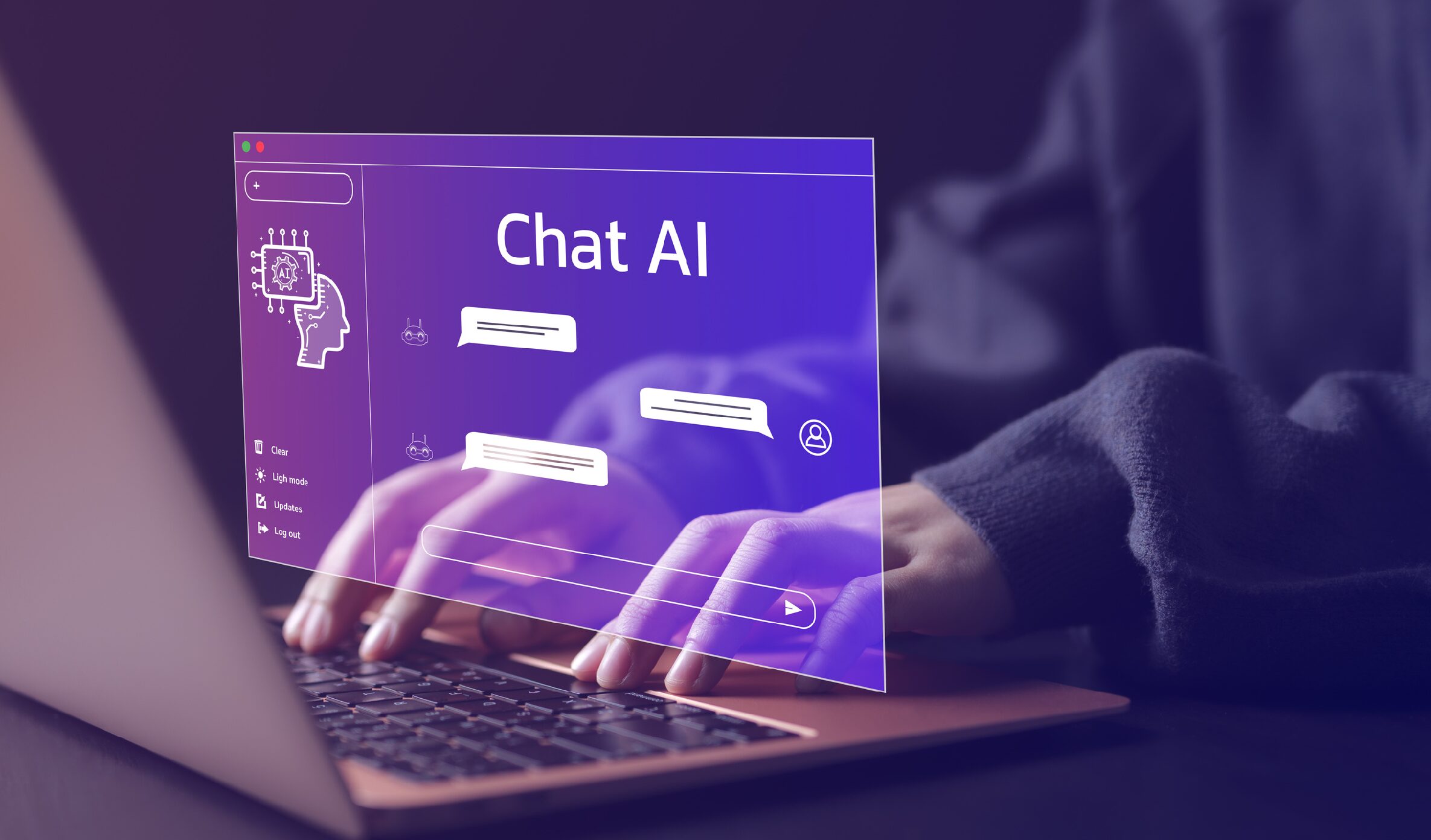In a recent survey of Textbook & Academic Authors Association members about their use of Generative AI, several shared specific ways they use AI in authoring and promoting their textbooks, academic articles, and books.
Textbook Author Stephanie Lenox has used ChatGPT to write a first draft and an outline, to make the writing process more efficient, to improve the quality of her writing, and to create marketing pieces to promote her work. She has also used it for brainstorming, generating titles, summarizing, refining conference proposals, and editing.
“AI helps me take the emotion out of my writing process in order to overcome anxiety and just get started,” she says. “AI helps me move faster on functional writing, such as emails, so that I can concentrate my creative energy on writing that matters. I use AI like I use Wikipedia to get a sense of what is already out there. I’ve used it to generate learning objectives based on a chapter summary or to come up with 10 possible titles for a textbook based on a description I provided. I’ve also used it to identify grammatical issues or logical fallacies in texts and explain what’s wrong and how to fix it. I rarely use it for purely generative reasons because AI tends to be overly enthusiastic in its responses.”






